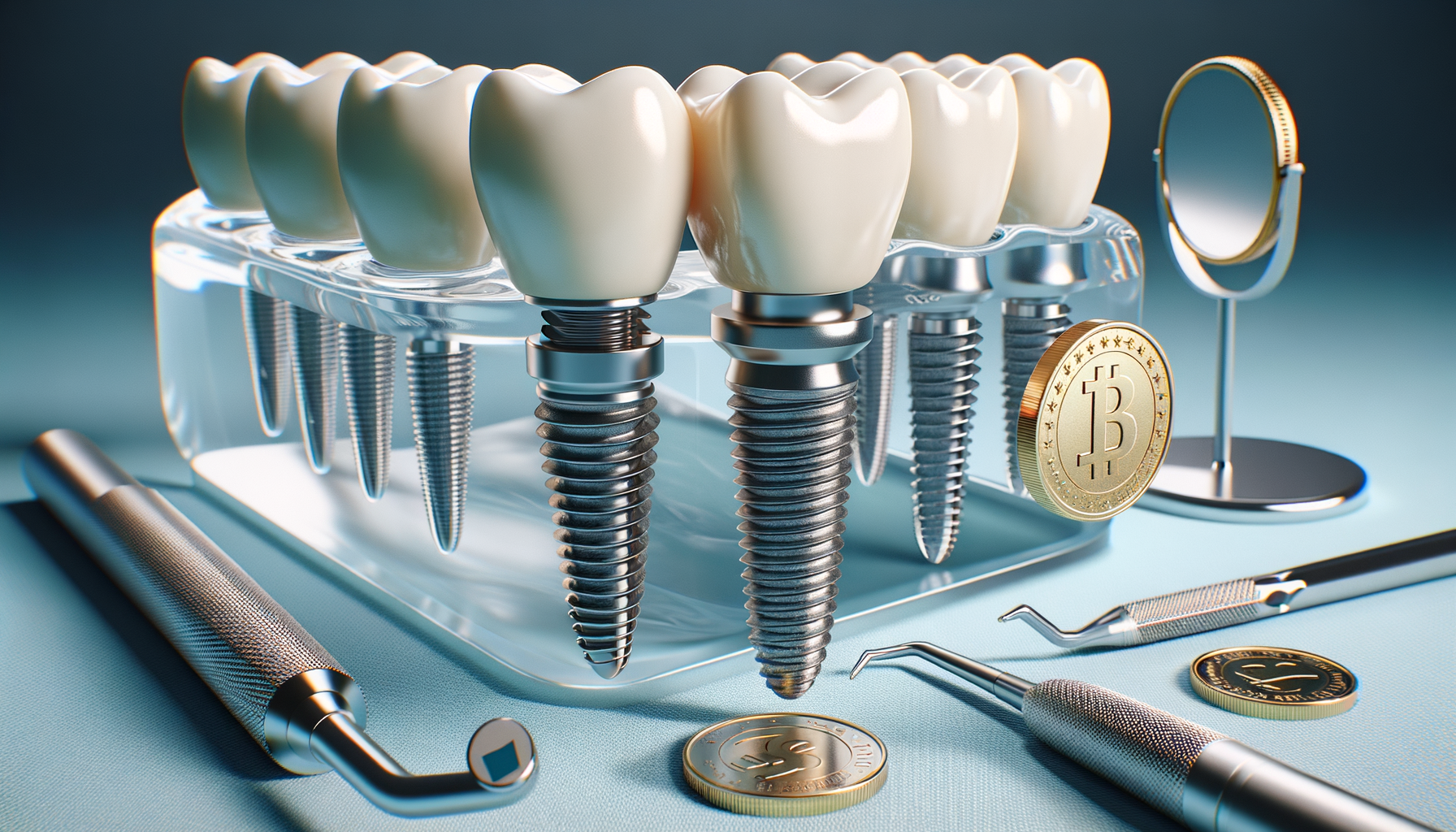Exploring Dental Implants: A Cost-Effective Solution for Seniors
Dental implants offer a reliable solution for tooth replacement, especially for seniors seeking cost-effective options.
Understanding Dental Implants
Dental implants have transformed the landscape of dental health by offering a durable and effective solution for missing teeth. Unlike dentures or bridges, dental implants provide a more permanent and natural-looking alternative. The process involves surgically placing a titanium post into the jawbone, which acts like the root of a tooth. Over time, the bone grows around the implant, securing it in place.
This process, known as osseointegration, is crucial for the stability of the implant. Once the implant is securely in place, a crown is attached, completing the restoration. Dental implants not only restore the appearance of a natural tooth but also help maintain the structure of the jawbone, preventing bone loss that often accompanies missing teeth.
Moreover, dental implants are versatile. They can replace a single tooth, several teeth, or even support a full set of dentures. This flexibility makes them a suitable option for a wide range of dental issues. However, the suitability of dental implants depends on several factors, including the health of the jawbone and gums, making a thorough dental evaluation essential before proceeding.
Benefits of Dental Implants for Seniors
For seniors, dental implants offer numerous advantages over traditional dentures and bridges. One of the most significant benefits is improved oral health. Unlike bridges, which require the alteration of adjacent teeth, implants do not affect surrounding teeth, preserving their natural structure.
Another advantage is the convenience they offer. Unlike dentures, which can slip and require adhesives, implants are secure and function like natural teeth. This stability allows seniors to enjoy their favorite foods without restriction, enhancing their quality of life.
Additionally, dental implants can help prevent the bone loss that occurs when teeth are missing. This is particularly important for seniors, as bone density naturally decreases with age. By maintaining bone structure, implants help preserve facial features and prevent the sunken appearance often associated with missing teeth.
Finally, dental implants can boost confidence. Many seniors feel self-conscious about missing teeth, which can affect their social interactions. Implants provide a natural-looking solution that can restore self-esteem and improve social engagement.

Cost-Effective Options for Seniors
While dental implants are a significant investment, there are cost-effective options available for seniors. Many dental practices offer payment plans or financing options that make the cost more manageable. Additionally, some insurance plans may cover part of the cost of dental implants, so it is worth investigating these options.
Another way seniors can reduce the cost is by exploring dental discount plans. These plans offer reduced rates for dental procedures, including implants, in exchange for a membership fee. They can be a valuable resource for seniors looking to save on dental care.
Furthermore, some dental schools offer implant procedures at a reduced rate. These procedures are performed by students under the supervision of experienced professionals, providing a cost-effective solution without compromising quality.
It’s important for seniors to discuss all available options with their dental provider to find the solution that best fits their budget and needs.
Comparing Dental Implants to Other Solutions
When considering tooth replacement options, it’s essential to compare dental implants with other solutions like dentures and bridges. Each option has its own set of advantages and drawbacks, and the choice largely depends on individual needs and circumstances.
Dentures are often less expensive upfront, but they can be uncomfortable and require regular maintenance. They may also need to be replaced every few years, adding to the long-term cost. In contrast, dental implants are more costly initially but tend to last longer, potentially offering better value over time.
Bridges, on the other hand, can provide a more stable option than dentures but often require the alteration of healthy teeth, which can lead to further dental issues. Dental implants avoid this problem by not relying on adjacent teeth for support.
Ultimately, the decision should be based on factors such as oral health, budget, and personal preference. Consulting with a dental professional can help in making an informed choice.
Conclusion: A Wise Investment for Seniors
In conclusion, dental implants represent a valuable investment for seniors seeking to improve their oral health and quality of life. While the initial cost may be higher than other options, the long-term benefits, including durability, convenience, and improved oral health, often outweigh the expenses.
Seniors should explore all available financial options and discuss their specific needs with a dental professional to determine the best course of action. With the right approach, dental implants can provide a lasting, cost-effective solution that enhances both function and aesthetics.
As with any medical procedure, it’s crucial to conduct thorough research and consult with healthcare providers to ensure the chosen option aligns with individual health needs and budgetary constraints.